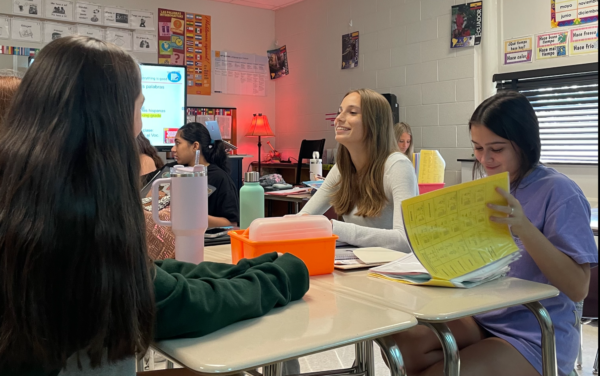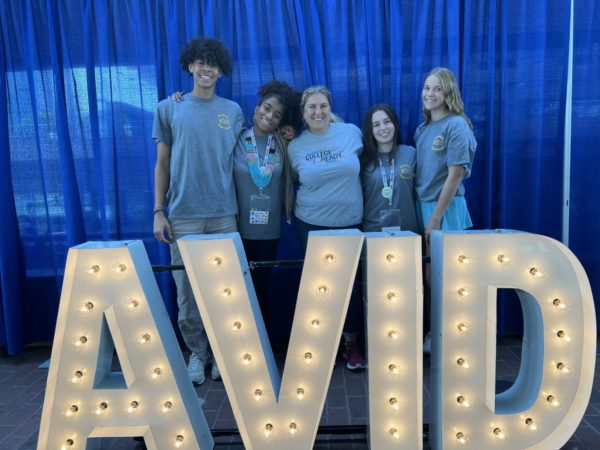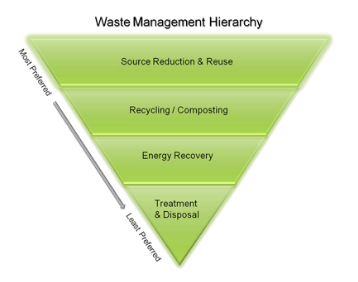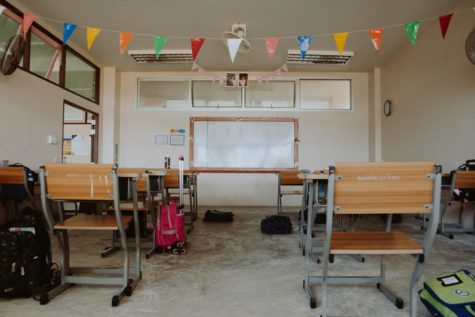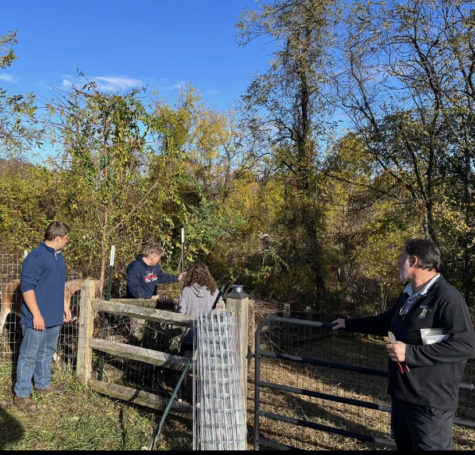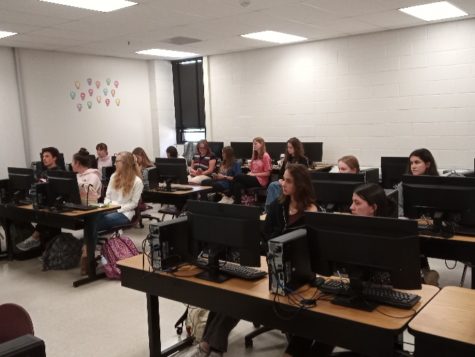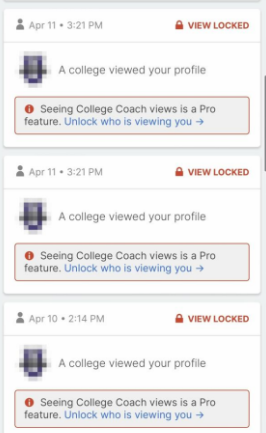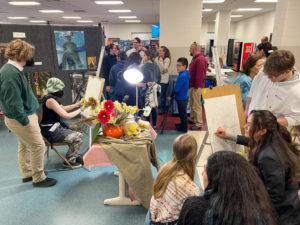Rachel Abbott
Let me paint you a picture.
You’re sitting in class. The professor is giving a lecture, looking around expectantly for reactions (facial, at the least), and receiving none. She asks a question and the long, empty silence that follows is almost unbearable. You look around and find yourself swimming in a sea of laptop screens, bathed in the glow of social media, personal emails, online shopping. Someone turns to you and whispers, “Will this be on the test?”
Sound familiar?
I don’t know if I’m alone, but sometimes I have to wonder if anyone else cares. I learned in Comparative Politics the other day that according to the Fund for Peace Failed States Index, the US is no longer considered a fully sustainable democracy. I think that’s pretty damn interesting and important, and I want to know more about it. The girl sitting next to me tweeting about her cats: does she think it’s cool, too?
More likely, she didn’t even hear it in the first place.
It’s hard. I know. It’s so universal it goes without saying, but our lives, above all else, are the most vitally interesting and important things to us. It can seem downright impossible to think about liberalism when your friend is going through a hard time, you have three voicemails and you’re so excited about this one concert you could pee.
I see so many people negotiate this conflict, the clash of their mandatory class attendance and their desire to be watching Family Guy and drinking, by doing the bare minimum. Oh, they go to class—physically.
Physically, their bodies are situated in chairs, facing the professor. They’re taking notes (translation: blindly copying snapshot statements from the PowerPoint or listlessly writing, verbatim, what is being said). They’re staring up front. But they aren’t there. Their minds are lost in crowded bars or tangled up in the sheets with last night’s conquest.
That’s because the fluidity of our minds can’t be contained inside the rigidity of our education structure.
Classes are regulated. Structured. They meet at specific times on specific days. There are syllabi, expectations, and exams to make sure you’ve “learned.”
The flaw,
the flaw.
Society requires us to get good grades if we want meaningful post-college employment. It does not require us to spend time internalizing information and deciding what we believe. Whether you really thought about any of it or not, the end result will be the same: a bolded letter on a little certificate that will define the course of your life.
“Will this be on the test?”
Education is a system, which means it can be exploited once you figure out how it works. I see it every day. Students go to class, type up everything the professor says, and identify what they need to know to pass the test. Then they memorize (not learn) it all, temporarily etching it into their brains until 9:30 a.m. on Thursday— at which time they purge their memories all over the test and promptly data-dump. Within a week, they remember almost nothing of the everything they just “learned.”
The really terrifying thing is most of them don’t even realize they’re doing it.
Education is noble, it’s wonderful. But at some point, I don’t know when, its meaning got lost. Learning and achieving are synonymous, now. The focus has shifted from the journey to the external results, leaving in the dust the simple joys of wondering, debating, and knowing.
What do you want to know?
Answer me that. No, answer you that. And answer it honestly. What are you curious about? What fascinates you? Is it the genetic composition of rats? The inner workings of the criminal mind? Earthquakes, animals, dictators?
It doesn’t matter who you are, there’s something.
Figure out what you love, and after you know what that is, take those classes. Build them and the work that goes along with them into your life. Class doesn’t have to be this obnoxious obligation that interrupts fun, not if you’re learning about things you genuinely care about and enjoy.
You’re there for you and no one else. So forget the tests, forget the pressure. Let the synapses start flowing and making connections, and be open to the notion that maybe, just maybe, it’s worth it not just to hear, but to listen.
This is the only time in our lives when we get to ask as many questions as we want and there are people right here whose job is to answer them for us. Take advantage of that, embrace your ignorance. It’s a gift; use it to grow. Don’t be afraid to ask even the simplest questions, because a professor would much rather explain the most basic concept to you than drown in dazed, disillusioned silence as every student in their class stares, entranced, at Facebook.
Rachel Abbott, class of 2011, a former Hereford Harbinger staff member submitted this article. A version of it was published by he The Tulane Hullabaloo newspaper, a publication of Tulane University, where Rachel is a student.




